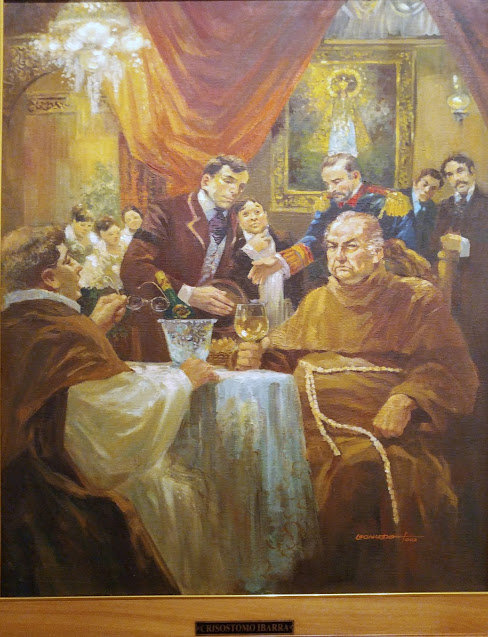In-depth Analysis of Noli Me Tangere
Enduring Relevance of Noli Me Tangere
Noli Me Tangere explores themes such as social injustice, political corruption, and the quest for freedom—issues that remain strikingly relevant today.
- Social Injustice: Modern issues like racial discrimination, economic inequality, and human rights abuses mirror the systemic oppression portrayed in the novel.
- Political Corruption: Ongoing scandals and lack of accountability in institutions echo Rizal's critique of corrupt governance.
- Freedom: The struggle for freedom extends beyond mere political independence, embracing civil liberties and social justice.
Importance of Education and Social Reform
Rizal believed that education was the cornerstone of national progress. In the novel, education is portrayed as a liberating force that empowers citizens to challenge oppression and drive social reform.
Influence on Critical Thinking and Social Action
The novel has been a catalyst for reform, inspiring both historical and contemporary movements. Its powerful message encourages readers to critically examine societal structures and motivates them to work toward meaningful change.
Comparative Analysis with Modern Society
Despite being written over a century ago, the issues addressed in Noli Me Tangere—from government abuses to social inequality—resonate with current global challenges. Today's media, art, and literature continue to use similar narratives to spotlight institutional failures and empower marginalized voices.
Impact on Philippine Identity and Nationalism
Rizal's work played a crucial role in shaping a unique Filipino identity. His vivid depiction of societal struggles not only ignited a revolution but also left a lasting legacy in Filipino literature, art, and political thought—helping to define what it means to be Filipino.
Supporting Evidence from the Text
Key quotes that encapsulate the novel's powerful messages:
-
"He who has nothing to lose, has everything to gain."
— Highlights the resolve of those oppressed by systemic injustice. -
"In the darkest places, even a tiny spark can start a revolution."
— Emphasizes that even small acts of defiance can challenge entrenched corruption. -
"Knowledge is the light that exposes the shadows of tyranny."
— Underlines the novel's call for education as a path to liberation.
Conclusion and Reflection
Noli Me Tangere remains a timeless work that challenges us to reflect on societal inequities and the power of education and critical thinking. Its enduring legacy reminds us that literature can be a profound force for social change, inspiring generations to question authority and pursue a more just world.
